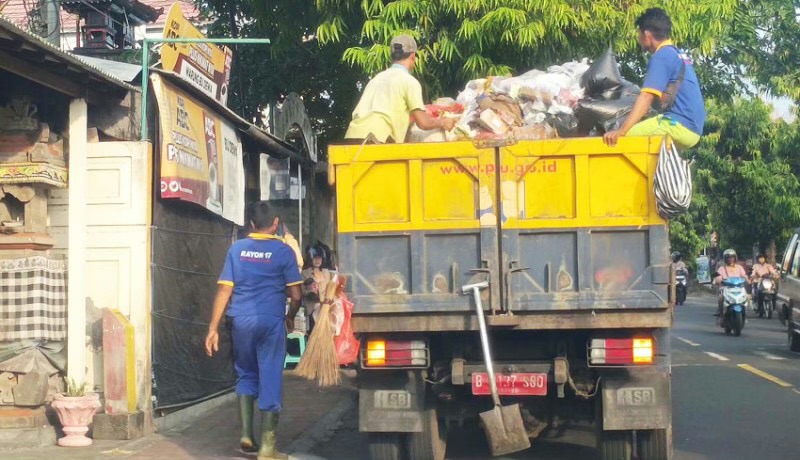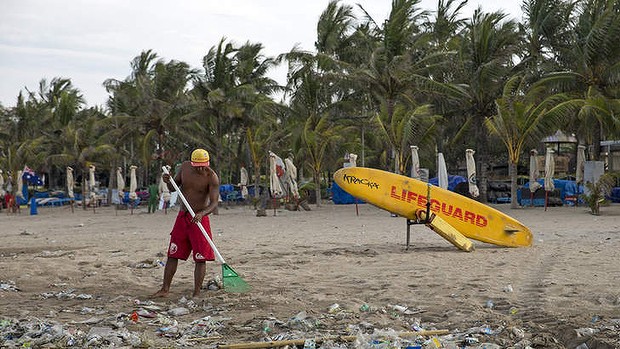Residents of Bali now have another strong reason to separate plastic from organic waste. In the Karangasem district, a new rule has come into effect that limits the collection of unsorted waste. If everything is placed in one bag, it won't be collected—regardless of whether it's left by the house or on the street corner. Thus, those who don't start sorting may find themselves living by a dump one day.

Sorting should be simple: separate organic waste (food scraps, other biodegradable waste) and plastic. Additionally, the collection will now follow a strict schedule. Local authorities aim to move away from chaotic waste collection, which, according to officials, not only pollutes the island but also burdens landfills and nature.
The new waste collection schedule is as follows:
- Organic waste can be disposed of on Sundays, Mondays, Tuesdays, Thursdays, and Fridays.
- Plastic and other inorganic waste can only be collected on Wednesdays and Saturdays.
Sorted waste will be collected by municipal services from 6:00 to 7:00 AM. Therefore, residents need to place it by the gate or the house before 6:00 AM.
The innovation was introduced by the local environmental protection agency (DLH Kabupaten Karangasem). As its head I Nyoman Tari states, control has become stricter because it is not merely a whim but an attempt to stop the growing waste crisis. The new policy is aimed at raising residents' awareness of waste sorting. DLH Karangasem also plans to cooperate with village and district leaders to enhance public awareness.
"If garbage is not collected for several days, people will start asking why. And when they find out the reason, I hope they'll start sorting waste and putting it out according to the schedule," I Nyoman Tari says.
Meanwhile, DLH will monitor the situation for several weeks. If mixed waste accumulates, it will be removed for the first time. But if the situation repeats, municipal service workers will be on duty in areas to explain the rules directly to those who violate them.
Waste is indeed a major problem in Bali. Plastic and household waste spoil beaches, clog rivers, and poison nature. Now, this is recognized at the government level. The Indonesian Deputy Minister of Tourism, Ni Luh Puspa, recently stated that waste is the biggest threat to tourist destinations. According to her, many foreign tourists complain about the pollution levels in popular places.
"If we want to compete with other destinations, we need to become cleaner. Sustainable tourism starts with respect for the environment," she added.
As for Bali, the waste issue is being addressed not only in Karangasem. For instance, there is an active discussion about banning plastic containers under 1 liter, new coastal cleaning systems are being implemented, and other projects are being developed to completely rid Bali of waste by 2027.


You can add one right now!